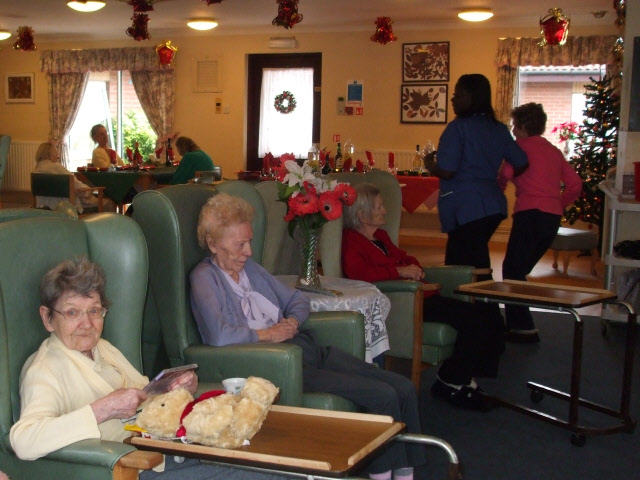Iris Ramirez owns four residential care facilities for the elderly in San Diego called Ambassador Senior Retreat. Those facilities, like all licensed RCFE facilities in California, are overseen by the California Department of Social Services – Community Care Licensing (CCL). That means licenses can only be issued by CCL, inspections are made by CCL, and in the event of a complaint, investigations are performed by CCL. In short, CCL is the regulatory agency that gives residents of these facilities (and their families) the assurance that laws will be followed, regulations enforced, and that proper care will be provided.
Ramirez apparently didn’t want to take any chances with CCL investigators, and, according to news accounts, offered bribes to the very people charged with overseeing her assisted living facilities. The investigators have been identified as Conchita Valero, Lydia Williams and Christina Nepomuceno.
A search warrant executed this month alleges that Ramirez purchased airline tickets for Valero and Williams to travel to the Philippines for a vacation, and also gave Valero cash in the sum of $2,800. In exchange for the tickets and the cash, the CCL employees fast-tracked Ramirez’s licenses to operate her facilities. Apparently you don’t need brains to operate a residential care facility. According to the news accounts, Ramirez told investigators that she was “probably” getting preferential treatment because of the bribes.
In addition to Ramirez, the investigation has focused on Selma Teer, the owner of the Eternal Sunshine Care assisted living facility on Quince Street in San Diego. According to court documents, Teer wanted to open another facility, and offered investigator Nepomuceno a $3,000.00 bribe to expedite the process. Like Ramirez, Teer made no effort to conceal her expectation of a quid-pro-quo. When Nepomuceno went on medical leave and did not return Teer’s calls, Teer left her a rather incriminating message on Nepomuceno’s state-issued cell phone:
“(You are) not returning my call. You are not paying my money back. You want a bribe for my application for my license. You lied. You are such a liar. You want a bribe, do your job. You don’t do your job; you give me my money back.”
Continue reading
 Southern California Nursing Home Abuse Lawyer Blog
Southern California Nursing Home Abuse Lawyer Blog




 Duty
Duty








